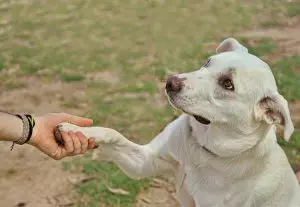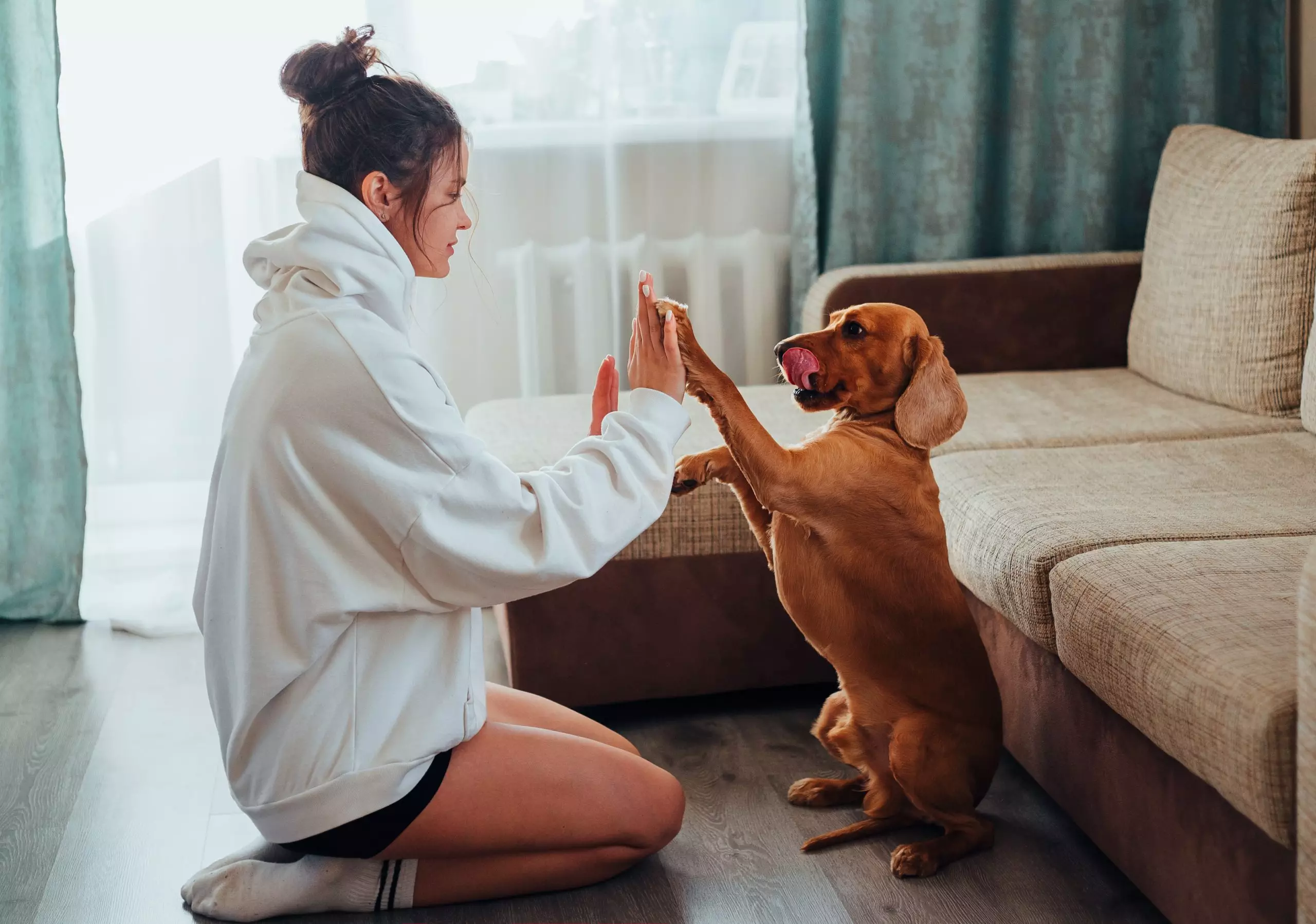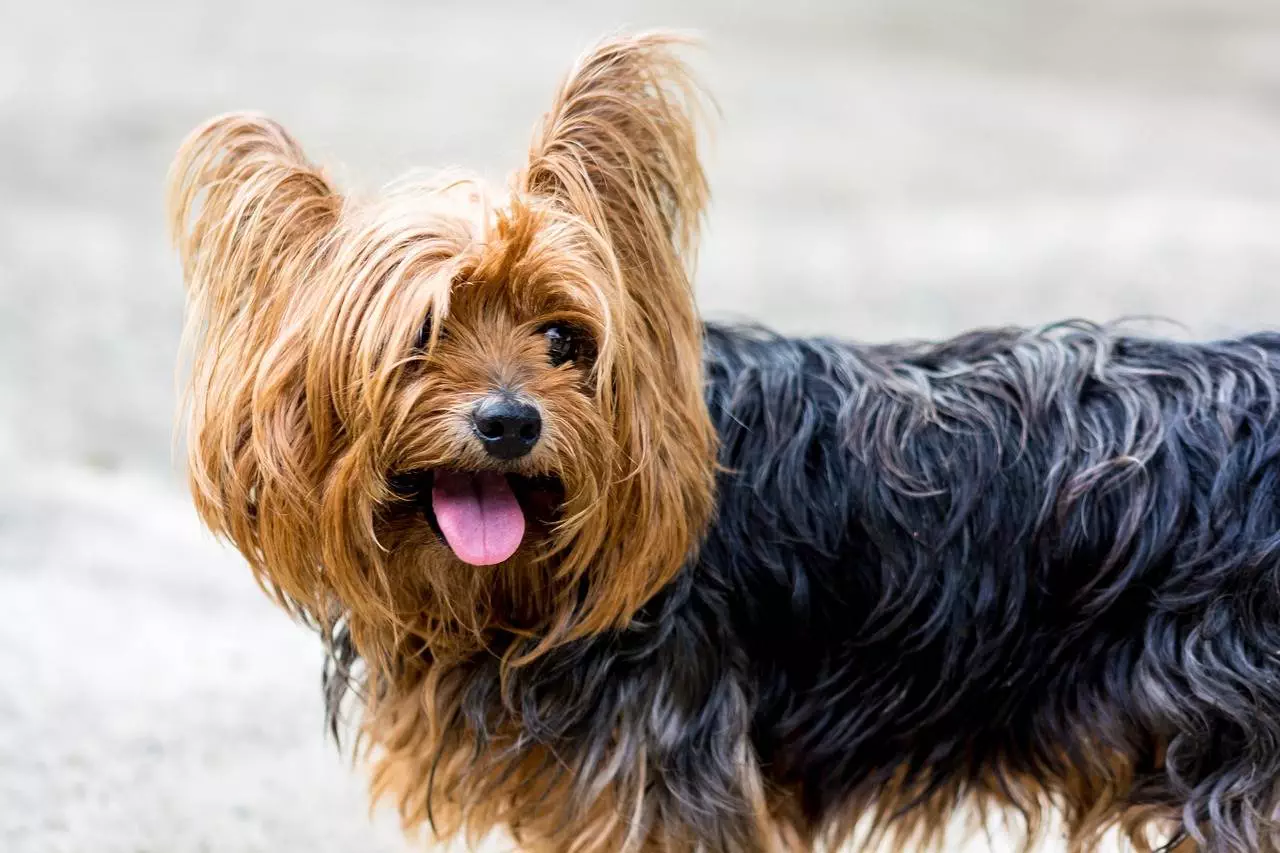Basics of Dog Training
Dog training is an essential part of owning a canine companion. With the right approach and tips, anyone can become an effective dog trainer. For those new to dog training, here are some tried-and-true basics to get started. First and foremost, understanding your pup’s behavior is key. Learning how dogs communicate through body language allows you to better interpret their actions, helping create a foundation for successful training sessions. Additionally, when teaching new skills it is important to remain consistent in commands and rewards; if one person says “sit” while another says “down”, this can result in confusion for the dog. Having clear expectations from the beginning will set up both pet and owner for success later on down the line.
Establishing Boundaries
Establishing boundaries when training a dog is essential for successful outcomes. Dogs are intelligent animals that need to understand what behaviors are expected of them and that certain behaviors will not be tolerated. This can be difficult for beginners, as it requires patience, consistency and firmness. Here are some useful tips for establishing boundaries during the dog training process: First, set clear expectations from the outset – decide what behaviors you want your dog to learn and then stick with them. Don’t give in to petting or cuddling until the desired behavior has been achieved. Also, refrain from speaking in a high-pitched voice as this can encourage negative behavior in dogs. Instead, use a calm but assertive tone of voice so your dog understands you mean business.
Identifying Rewards
Dog training can be a difficult and overwhelming task for beginners, but the rewards of successfully training a dog are worth the effort. Knowing what types of rewards will work best for your pup is an important part of successful dog training. Rewarding your pup with treats, toys, or praise can help them understand what behaviors you expect from them during their training. When it comes to identifying rewards for your pup, it’s important to consider which type of reward works best for them. If they are food-motivated and eager to please, then treats may be the way to go in order to reinforce desirable behaviors. Toys can be great incentives as well; if they love playing with a certain toy or squeaky ball then get one out when you need some extra motivation!
Establishing Commands

Dog training is an important step to take with any pup. Commands are the foundation for a happy and healthy relationship between humans and their canine companions. Establishing commands can be daunting, especially for beginners, but there are plenty of tips and tricks to help make the process easier. The key is to start small and simple when it comes to commands. Begin by teaching your pup basic commands like “sit” or “come” that they can understand right away. Once these begin to stick, gradually expand into more complex commands such as “stay” or “down.” This will increase the likelihood that your pup will retain what you’re teaching them over time. In addition to keeping things simple, repetition is key when it comes to training a dog effectively.
Building Trust & Confidence
Dog training is an essential part of owning a pet, as it not only helps your canine companion to understand boundaries and rules, but also builds trust and confidence between the two of you. For beginners, learning the basics of dog training can be overwhelming – but with a few key tips, it can become an enjoyable experience for both you and your pup. First and foremost, establishing trust is key in any successful relationship – including between you and your pup. To do this, take the time to get to know each other by playing together or taking walks outside. Through these activities, your dog will begin to feel safe around you as well as more confident in their own abilities. Additionally, using positive reinforcement when they perform tasks correctly will help reinforce good behavior while avoiding punishment for negative actions which could create feelings of distrust or fear.
Consistency & Patience
As a dog owner, it is important to understand the importance of consistency and patience when training your pup. Training your dog should be an enjoyable experience for both you and your pet alike. Properly trained dogs are happier, healthier and better behaved – making them more welcome in public settings. Here are some tips for beginners on how to incorporate consistency and patience into their training regimen. First, create a consistent routine that includes regular walks, playtime, meals and treats – this will help to reinforce good behavior in your pup over time. Additionally, avoid punishing or scolding your dog if they don’t understand something; rather explain calmly what you want them to do and praise them when they get it right. Consistency also means being patient with yourself as well as your pup; remember that not every lesson learned will come naturally and quickly.
Practicing Regularly
Practicing Regularly is one of the most important dog training tips for beginners. Building a strong bond between you and your canine companion begins with consistency and dedication to regular practice. When it comes to training your pup, the best way to ensure success is by breaking down commands into small steps and practicing them frequently. Incorporating regular practice sessions into your day-to-day routine will help you establish a strong foundation for successful communication between you and your pup. During these sessions, start by teaching basic commands such as “sit”, “stay”, “come”, or “down” in short but frequent intervals. By repeating these exercises over time, you can build positive behaviors within your pet while rewarding them with treats or verbal praise when they obey recalls or other requests.
Conclusion: Enjoy Training Together
If you are a beginner dog trainer, training your pup can be an incredibly enjoyable experience. Training together is not only beneficial for obedience and good behavior, but also creates an invaluable bond between you and your pet. The following are several tips to help make the most of your time training together. First, it’s important to practice patience when teaching your pup new commands or behaviors. Dogs learn at their own pace, so don’t get frustrated if they don’t pick up on something right away. Instead, take advantage of positive reinforcement methods such as treats or verbal praises when they do something correctly.Second, keep sessions short and fun. Try varying activities and incorporate games into training sessions to maintain interest levels in both you and your pup. Finally, don’t forget to reward yourself too!





